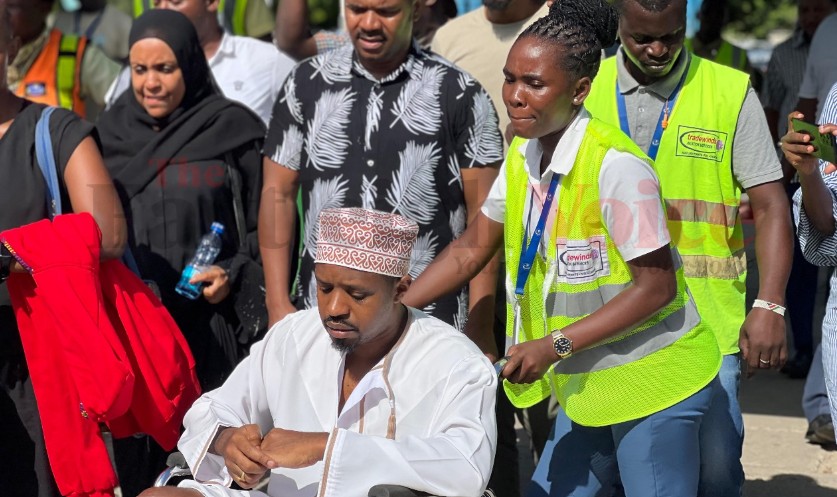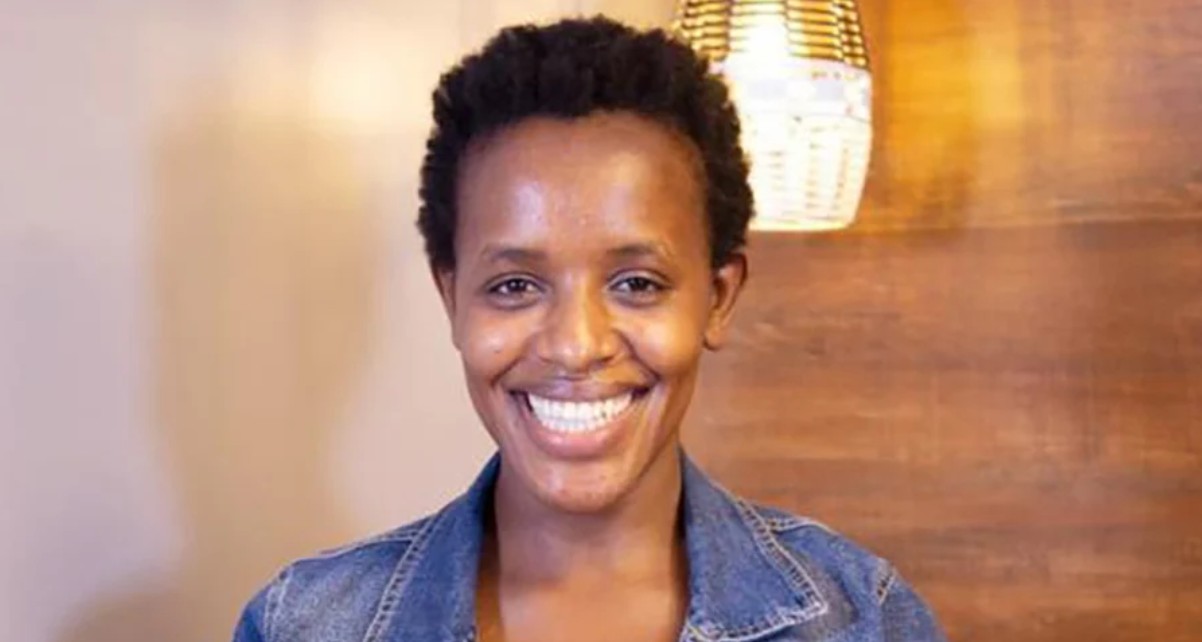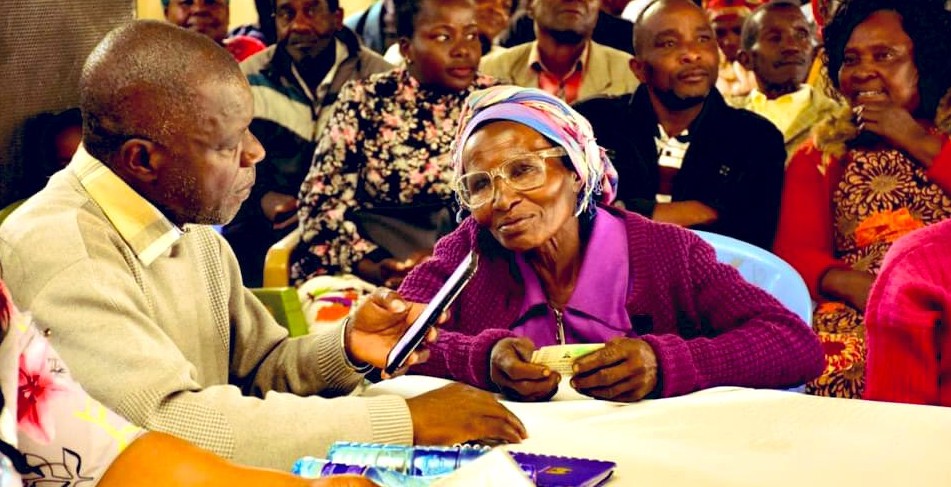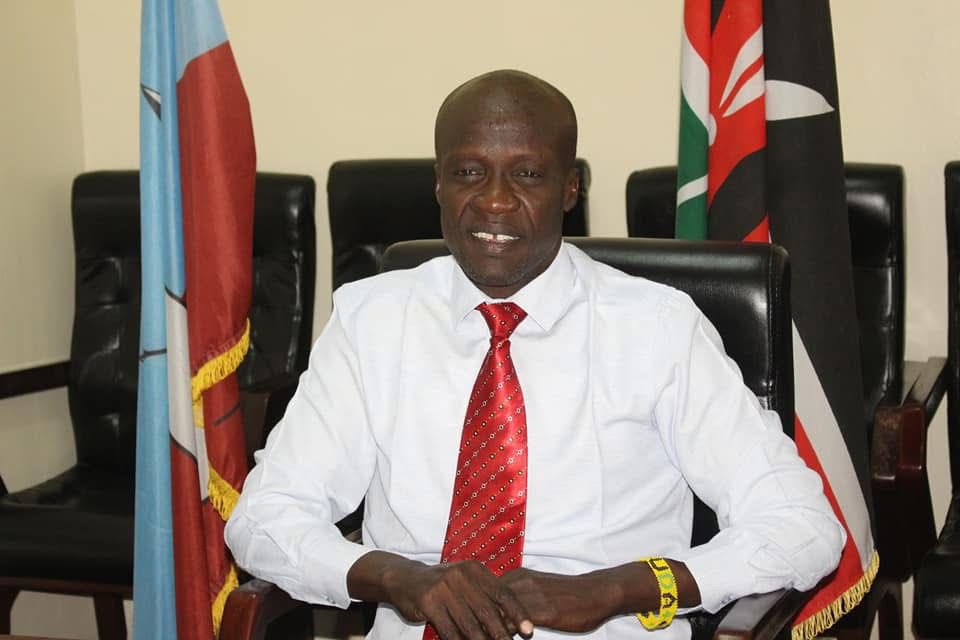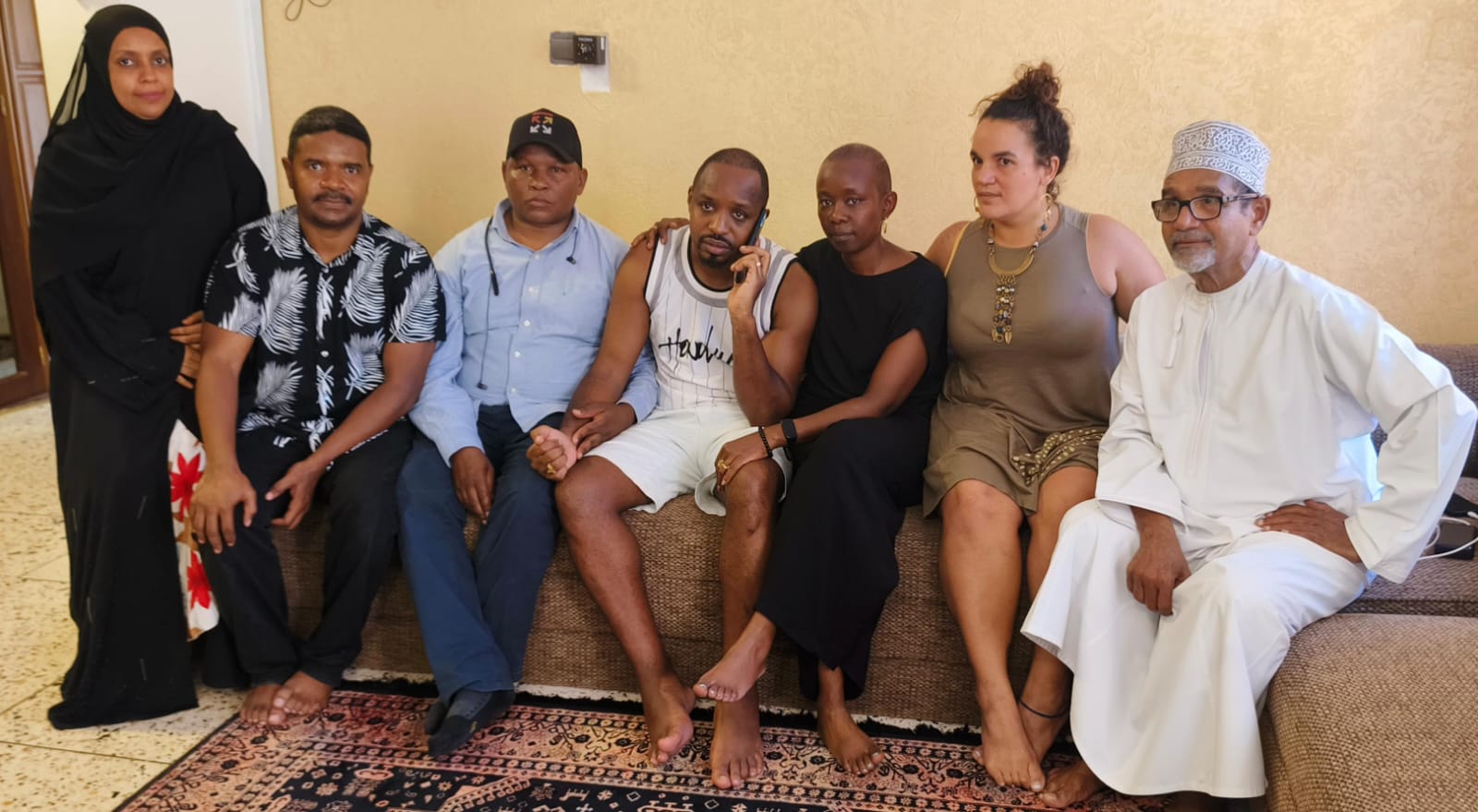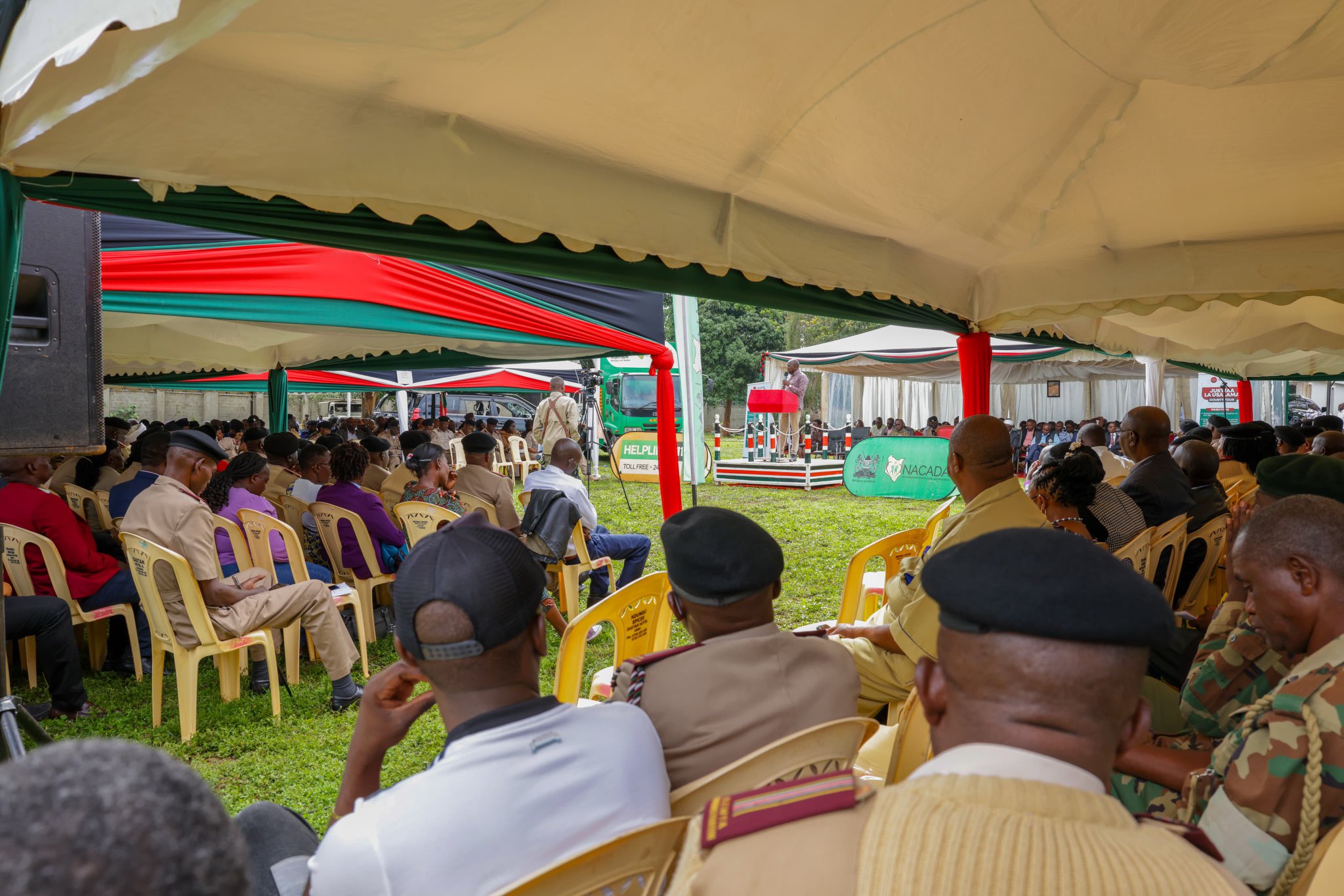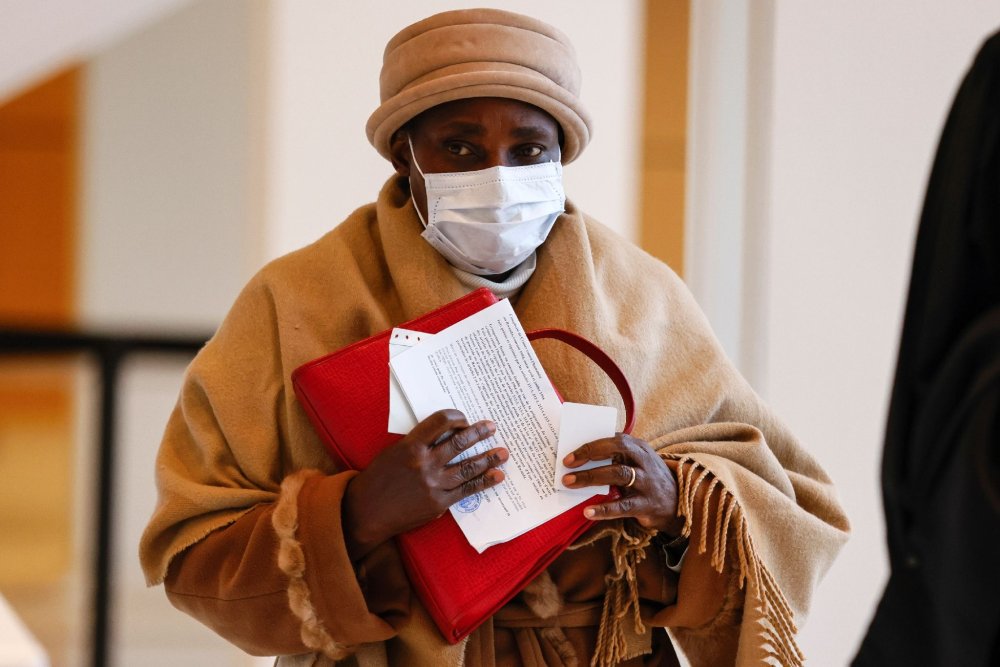Senate alarmed as children among 1.4 million unintended pregnancies
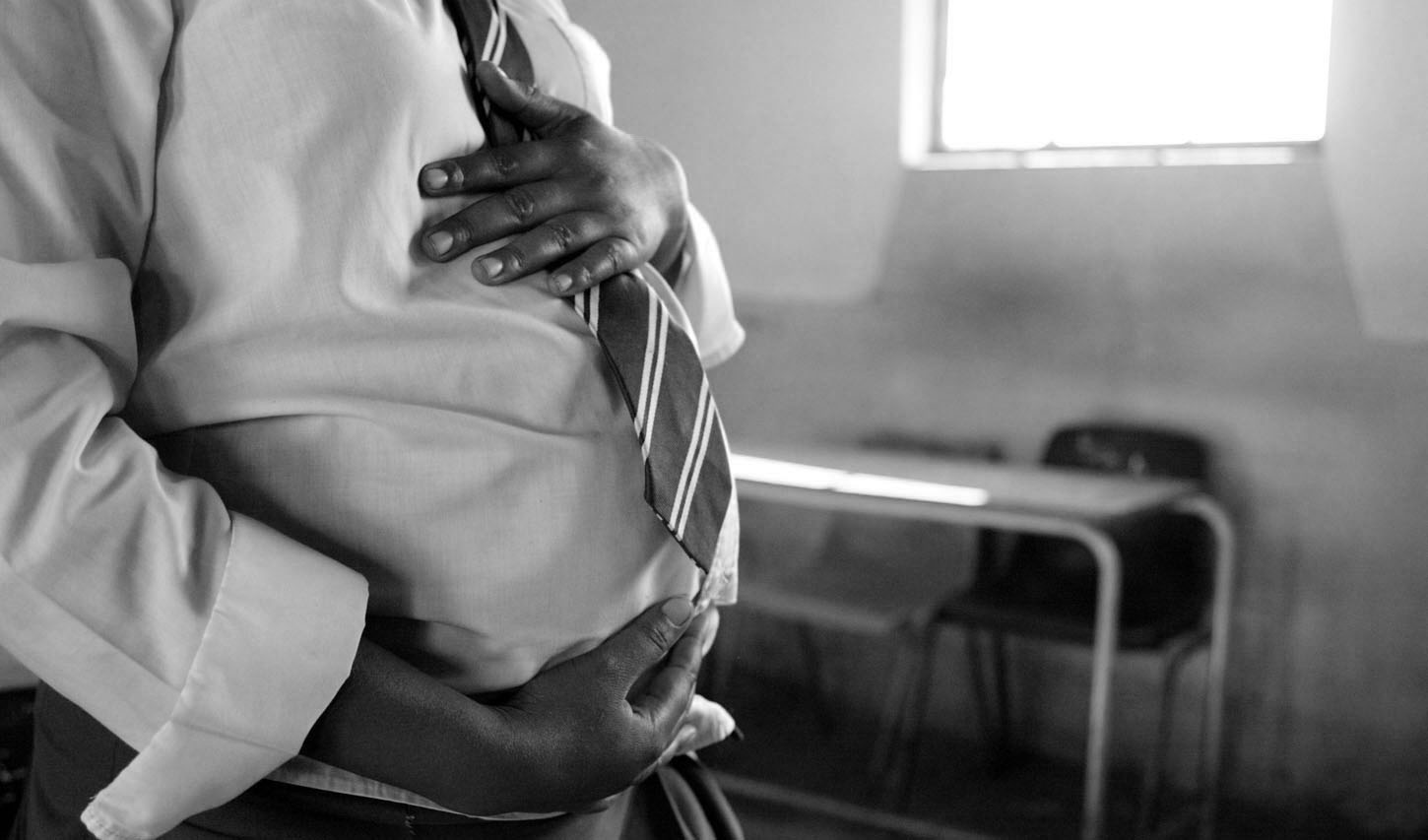
The alarming figures showed that 35 per cent of women who fell pregnant reported having used contraceptives, raising fears about the quality and reliability of family planning methods provided across Kenya.
A wave of unintended pregnancies, including cases involving girls as young as 10, has triggered a fresh Senate inquiry into the country’s contraceptive programmes, after a new report revealed that over 1.4 million women fell pregnant in 2023 despite many using birth control.
The alarming figures, released by the African Population and Health Research Centre, showed that 35 per cent of women who fell pregnant reported having used contraceptives, raising fears about the quality and reliability of family planning methods provided across Kenya.
Nominated Senator Hamida Kibwana, who triggered the inquiry, said the situation points to major failures in reproductive healthcare.
“Protecting the reproductive rights and health of women and girls is not optional; it is a national imperative. We must act urgently to address this crisis and strengthen our reproductive healthcare systems,” she said.
She urged the Health Committee to investigate the quality of post-abortion care and called on the Ministry of Health to ensure staff are well-trained and facilities are adequately stocked.
Kibwana also decried the stigma faced by young women who use contraception, noting that many are shamed despite needing protection.
“In reality, contraception is a fundamental health and family planning necessity,” she said.
She called for reliable, long-acting contraceptives in high-risk regions and public education campaigns to help families and youth make informed choices.
In the Senate debate, Senator Catherine Mumma said children were being left out of the national health agenda.
“Even as we debate abortion, the solution is not just family planning. The real question is: What preventive programmes are in place to safeguard the livelihoods of our children?” she asked.
Mumma revealed that 150 of those who got pregnant last year were aged between 10 and 14.
“A 14-year-old who gets pregnant is often just told to go back to school, with a baby. That’s not enough. Our health system is not designed to accommodate or support adolescents,” she said.
She called for schools to provide sex education to help boys and girls understand the legal and social consequences of sex at a young age.
Senate Minority Whip Ledama Olekina linked rising abortion rates to poverty, saying girls in poor areas are often denied access to proper education and guidance on reproductive health.
Top Stories Today
